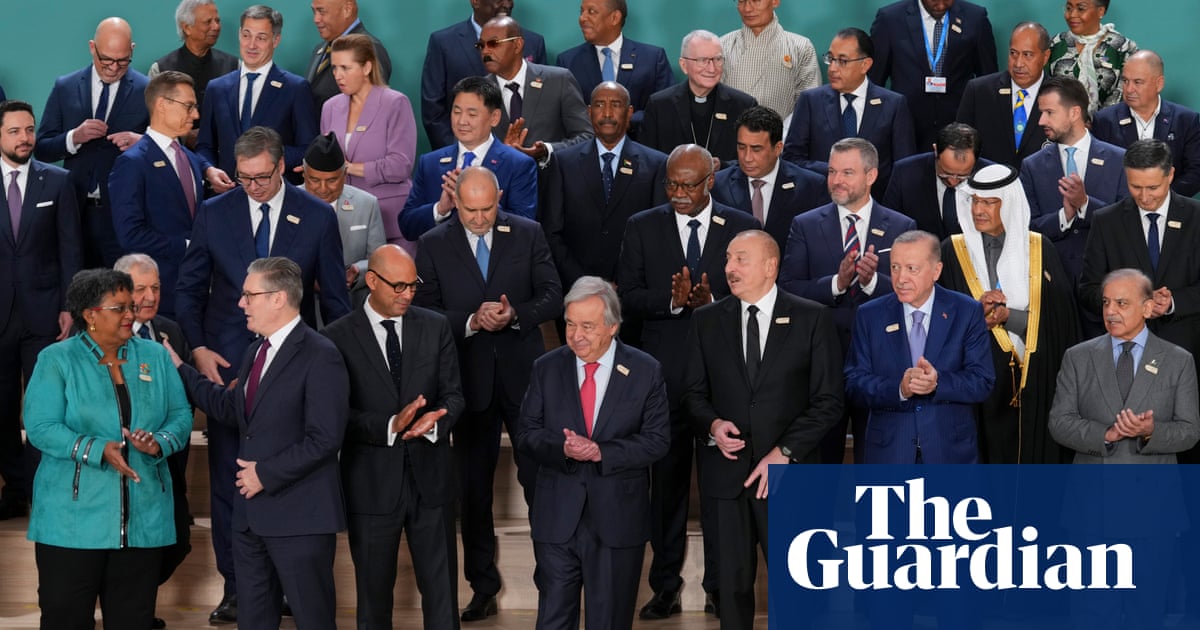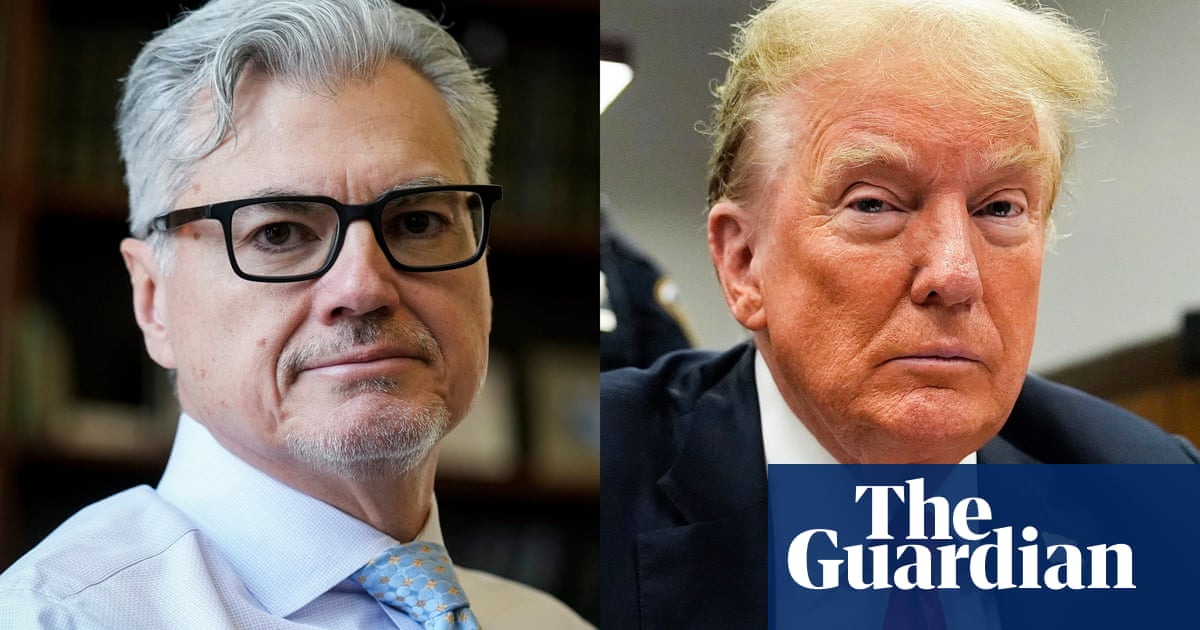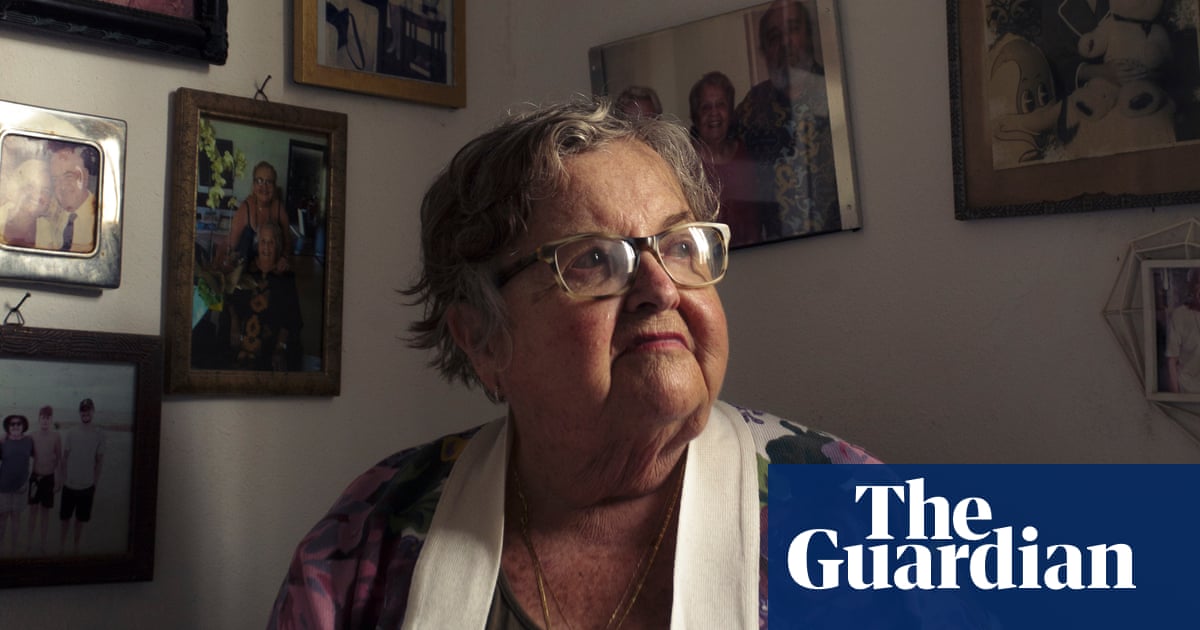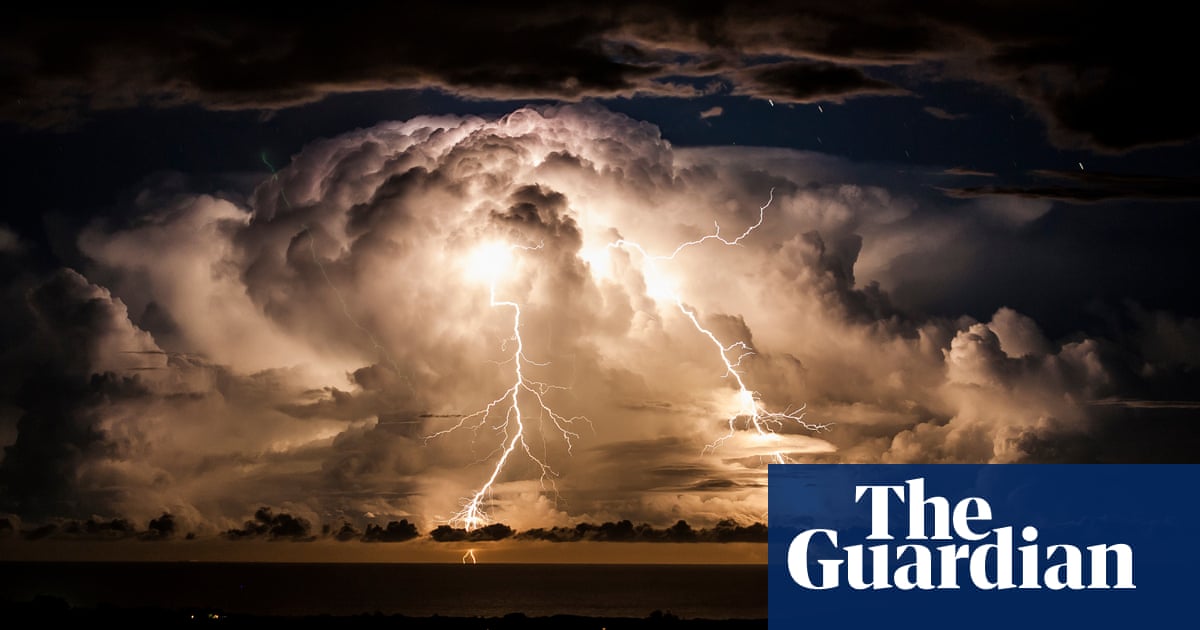Kristi Noem
Confirmed role: homeland security secretary
Trump has selected South Dakotaâs governor, Kristi Noem, to serve as the next secretary of the Department of Homeland Security. Noem was once under consideration for Trumpâs vice-president â but saw her chances evaporate amid backlash to the revelation in her memoir that she shot to death an âuntrainableâ dog that she âhatedâ on her family farm. She is currently serving her second four-year term as governor.
In the role, Noem would oversee everything from border protection and immigration to disaster response and the US Secret Service.
Marco Rubio
Confirmed role: secretary of state
Trump is expected to name Senator Marco Rubio of Florida as his secretary of state. If confirmed, he would be the first Latino to serve as Americaâs top diplomat.
Rubio, a failed challenger to Trump for the Republican presidential nomination in 2016, was rumoured to be one of the leading contenders for Trumpâs vice-presidential pick before JD Vance was announced. He also help Trump prepare for his 2020 debate with Joe Biden and has served as an informal foreign policy adviser.
Rubio is a top China hawk in the Senate. Most notably, he called on the treasury department in 2019 to launch a national security review of popular Chinese social media app TikTokâs acquisition of Musical.ly. As the top Republican on the Senate intelligence committee, he demanded the Biden administration block all sales to Huawei earlier this year after the sanctioned Chinese tech company released a new laptop powered by an Intel AI processor chip.
Elon Musk
Potential role: unspecified
Elon Musk, who turned into a fully fledged cheerleader for Trump and who holds billions in federal contracts, has reportedly sought a role in a second Trump administration in charge of the regulators that oversee him. Trump has appeared to rule out a cabinet role for Musk, but has said he wants the tech billionaire to have some sort of an unspecified role in his administration. The worldâs wealthiest person has proposed the establishment of a Department of Government Efficiency.
Richard Grenell
Potential role: unspecified
Although the New York Times named Marco Rubio as the expected pick for secretary of state, Richard Grenell, an ex-Fox News contributor who is among Trumpâs closest foreign policy advisers, is probably in the running for top foreign policy and national security posts. A former US ambassador to Germany and vocal backer of Trumpâs America First credo on the international stage in his first term, he has advocated for setting up an autonomous zone in eastern Ukraine to end the war there, a position Kyiv considers unacceptable.
Robert F Kennedy Jr
Potential role: unspecified
Robert F Kennedy Jr, the son of the assassinated Bobby Kennedy and nephew of JFK, whose independent campaign for president has at times reached as high as 10% of the vote, strongly believes he has a shot at a role in Trumpâs cabinet after he backed the Republican. While senior members of Trumpâs campaign have ruled out Kennedy getting a job in the Department of Health, Trump has said he would let him âdo what he wantsâ with womenâs healthcare if he makes it to the White House, citing how Kennedy would be able to âgo wildâ on food and medicines.
Doug Burgum
Potential role: âenergy tsarâ
The Financial Times reports that Doug Burgum, governor of North Dakota, is being considered for an âenergy tsarâ role. The role and its powers have yet to be finalised. However, Trump has called the climate crisis âone of the great scams of all timeâ and has promised to âdrill, baby, drillâ. Itâs expected any climate or energy secretary would be tasked with rolling back environmental regulations.
In 2023, Burgum ran a short-lived campaign for the Republican nomination for president. He went on to become a highly visible, prolific Trump surrogate and advised Trump on energy policy.
Tom Cotton
Potential role: secretary of defense
The far-right Republican senator from Arkansas emerged as a dark-horse contender to be Trumpâs running mate in the final weeks of the vice-presidential selection process. In a notorious 2020 New York Times op-ed headlined âSend in the Troopsâ, Tom Cotton likened Black Lives Matter protests to a rebellion and urged the government to deploy the US military against demonstrators by invoking the Insurrection Act. He is well liked among Trump donors and also seen as a contender for secretary of defense.
Cotton has said he wonât take a role.
Ben Carson
Potential role: secretary of housing and urban development
A retired neurosurgeon and former US housing secretary, Ben Carson has pushed for a national abortion ban â a posture at odds with most Americans and even Donald Trump himself. During his 2016 run he ran into controversy when he likened abortion to slavery and said he wanted to see the end of Roe v Wade. When the supreme court reversed its decision in the Dobbs case, he called it âa crucial correctionâ. Carson could be nominated by Trump as housing and urban development secretary.
Scott Bessent
Potential role: unspecified
A key economic adviser to Trump and ally of JD Vance, Scott Bessent, the manager of Key Square macro hedge fund, is seen as a possible cabinet contender. The Wall Street investor and a prominent Trump fundraiser has praised Trumpâs use of tariffs as a negotiating tool.
Robert Lighthizer
Potential role: trade or commerce secretary
Robert Lighthizer was Donald Trumpâs most senior trade official. He is a firm believer in tariffs and was one of the leading figures in Trumpâs trade war with China. Described by Trump as âthe greatest United States trade representative in American historyâ, Lighthizer is almost certain to be back in the new cabinet. Though Scott Bessent and the billionaire hedge fund manager John Paulson probably have a better shot at becoming treasury secretary, Lighthizer has a few outside chances: he might be able to reprise his old role as US trade representative or become the new commerce secretary.
Brooke Rollins
Potential role: unspecified
A former domestic policy adviser in the White House, Brooke Rollins has a close personal relationship with Trump. Considered by many to be one of Trumpâs more moderate advisers, she backed the former presidentâs first-term criminal justice reforms that lessened prison sentences for some relatively minor offences.









